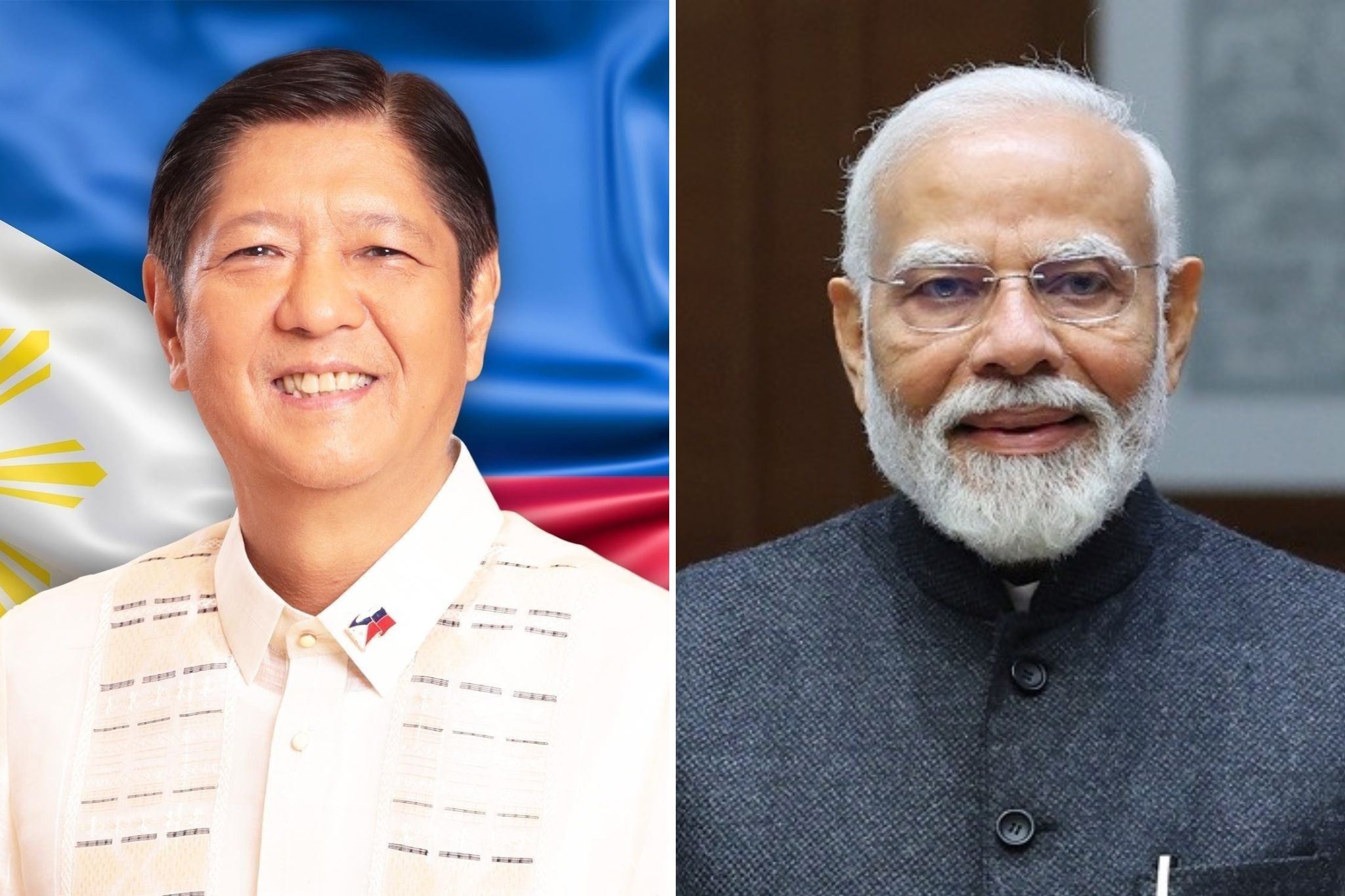India and the Philippines are poised to significantly expand their defence and strategic partnership as Manila expresses growing interest in acquiring more military equipment from India. The move reflects a deepening bilateral relationship marked by increasing trust, shared maritime concerns, and broad-based cooperation.
Philippine President Ferdinand Marcos Jr. is set to meet Indian Prime Minister Narendra Modi in a high-profile summit that is expected to result in several key agreements across defence, development, and trade. At the centre of the talks is the Philippines’ expanding defence engagement with India, particularly in light of the ongoing delivery of BrahMos cruise missile systems, a joint India-Russia product already being inducted into the Philippine military.
Philippine Armed Forces Chief Romeo Brawner praised the quality and affordability of Indian defence hardware and confirmed that two additional BrahMos systems are scheduled for delivery in the coming years. These acquisitions are part of Manila’s broader strategy to strengthen its defence posture in the West Philippine Sea, where tensions with China remain high.
India, which continues to face its own border challenges with China, has been a vocal advocate for regional stability and the upholding of international rulings, including the 2016 arbitral tribunal decision that invalidated China’s expansive claims in the South China Sea.
In a significant operational development, India is expected to participate in a joint maritime patrol with the Philippines in the South China Sea this week. This marks a step forward in practical security cooperation and reflects both nations’ commitment to defending rules-based maritime order.
India has also extended a concessional Line of Credit to the Philippines for defence procurement, including possible naval assets, while expanding joint training and maritime security exercises. These developments are aimed at institutionalising defence cooperation and enhancing regional deterrence.
Beyond the defence realm, India is engaged in developmental partnerships through six ongoing Quick Impact Projects (QIPs) in the Philippines, focusing on agriculture, healthcare, disaster risk reduction, and livelihood support. These initiatives are part of a February 2023 Memorandum of Understanding and underline India’s role as a responsive development partner.
The Marcos-Modi summit is also expected to yield six agreements in areas such as science and technology, law, and culture, further broadening the scope of bilateral cooperation.
On the economic front, India and the Philippines have witnessed rising trade, with bilateral volumes crossing the $3 billion mark for the first time during 2022–2023. Talks on a Preferential Trade Agreement are underway, aimed at deepening economic linkages and providing a buffer against global trade uncertainties, including U.S.-imposed tariffs on both Indian and Philippine goods.
Both New Delhi and Manila are carefully balancing their ties with Washington and Beijing while enhancing cooperation with each other. As both nations seek to avoid becoming entangled in major power rivalries, their convergence on issues like maritime security and economic resilience provides a strong foundation for future engagement.
The India-Philippines partnership now stands at a strategic inflection point—defined by expanding defence cooperation, practical developmental support, and a shared commitment to Indo-Pacific peace and stability.













